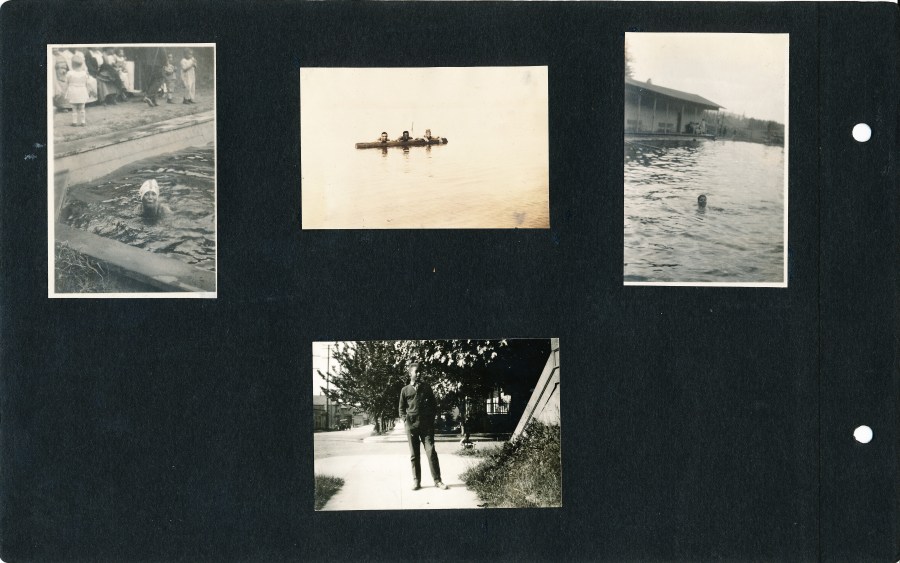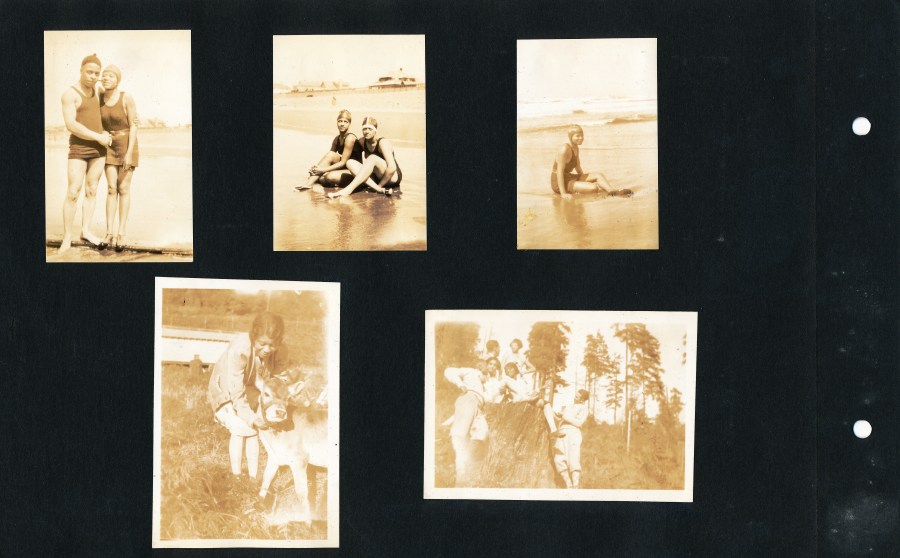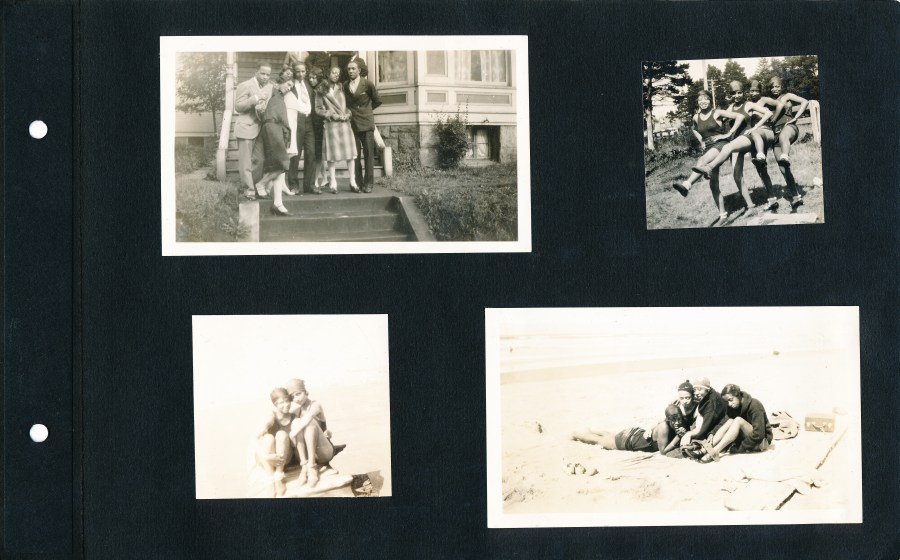An open water swimming event is coming to Broughton Beach Saturday as part of the Black Swimming Initiative, a nonprofit designed to make water sports more accessible for Black, Indigenous and people of color communities.
“What we’re trying to do is reconnect the community back to the resources that the rest of the community has access to. So historically, BIPOC or African Americans and swimming has been a contentious issue across America and even into the Portland area,” Black Swimming Initiative’s Co-Founder, Morgan Spriggs, told KOIN 6 News.
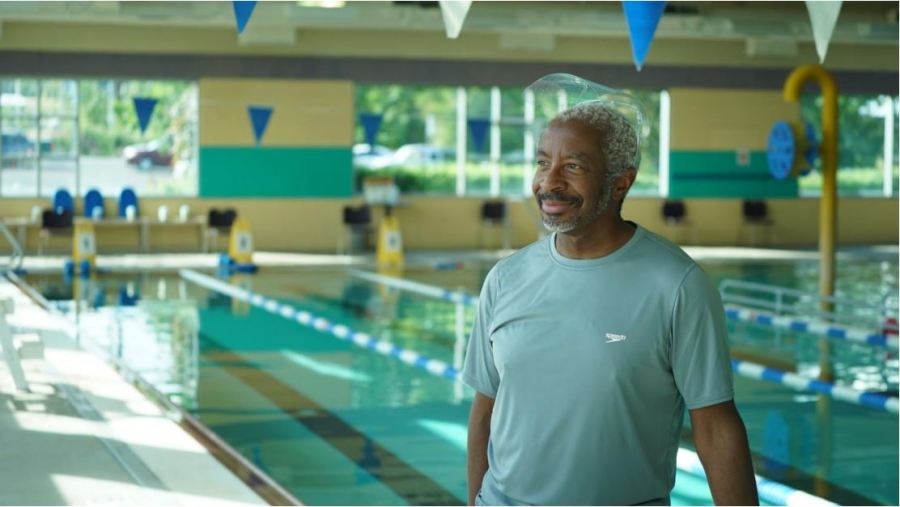
The YMCA of Columbia Willamette has also partnered with the BSI to help them break down barriers to swimming and water sports that Black and brown people often encounter.
“With the Y, the main thing for us and one of our new, strategic focuses, is on drowning prevention in general. And it was such a natural partnership that works hand-in-hand with the Black Swimming Initiative,” explained Casey Bodenhamer, the Healthy Living Director for YMCA of Columbia Willamette.
Billed as BSI’s inaugural Eco-Swim Camp, the event will feature volunteer instructors giving basic water safety skills and an education on the local ecology. The event will start with a cleanup of the beach and will include lessons on going into the water and putting on a life vest.
There will be two, 2-hour workshops Saturday at Broughton Beach, one at 9:30 a.m. and another at 1 p.m.
The event is free and for all ages, but people interested in attending will need to register ahead of time via BSI’s website.
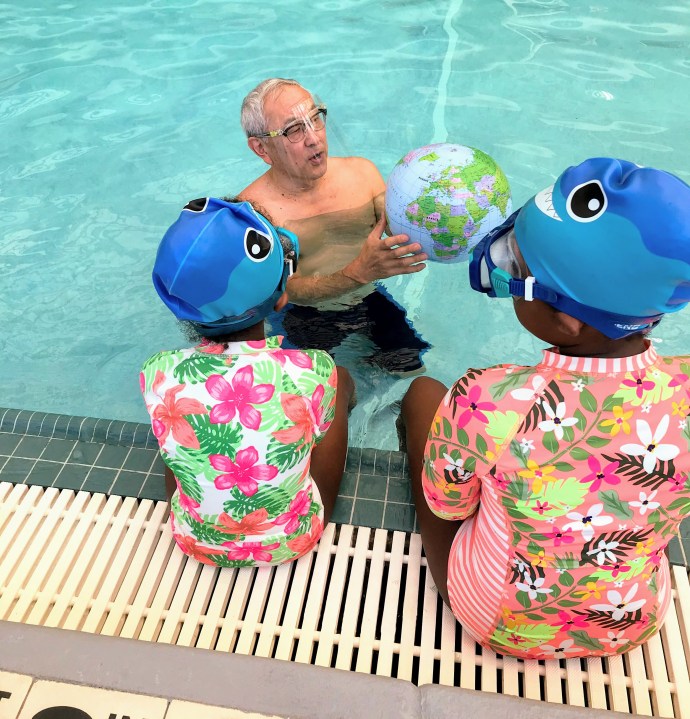
Oregon has the 10th highest rate of deaths due to drowning nationwide, with the rate of drowning among Oregon’s Black population being about 1.5 times higher than that of whites, according to the Centers for Disease Control.
That higher rate of drowning among people of color, in general, bears out nationally as well, with American Indian or Alaska Native people having double the rate of drowning than their non-Hispanic white counterparts.
According to the CDC, drowning death rates have decreased overall in recent years, but racial and ethnic disparities persist, in spite of that. One form of intervention the agency recommends for helping to address those disparities includes promoting basic swimming and water safety skills among disproportionately affected racial and ethnic groups.
“The questions you have to ask is, how do we build up, get people access to swimming? And start to break some of those stereotypes. You know, Black folks can swim. They don’t have dense bones. Everyone floats, you know,” said Spriggs, who began his journey swimming in 2013 and is now a triathlete. ”It’s just been that this right, this life skill has been taken away.”
America’s well documented history of excluding Black patrons from public amenities, including public swimming pools, is undoubtedly a major factor in the health disparity that community faces when it comes to water safety.
In an archived 1952 Black-owned newspaper in Portland, the Portland Challenger, a note posted by the Portland Urban League calls for citizens at large to boycott certain businesses known to not admit Black citizens, such as the Jantzen Beach Ballroom and Swimming Pool, Oaks Park Roller Rink and other recreational venues.
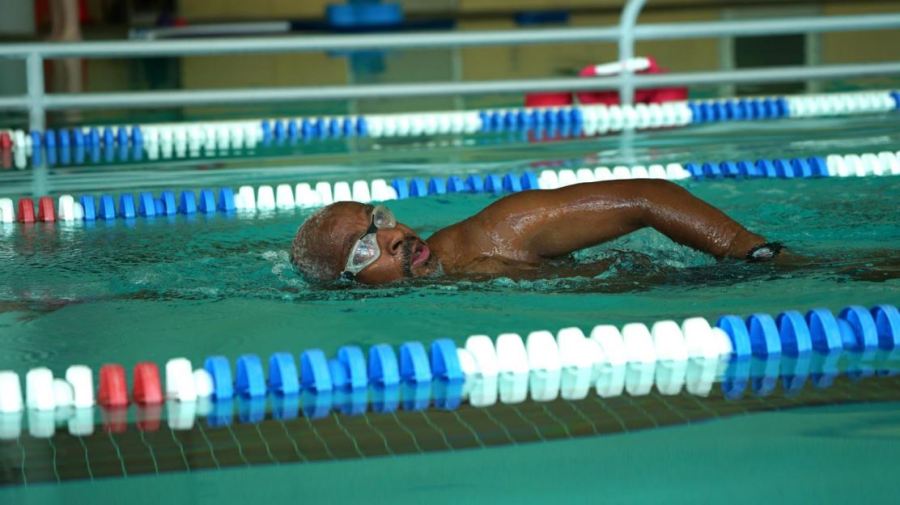
However, despite the Jim Crow-like exclusions that were in place for much of Portland at the time, there was at least one swimming oasis where Black people were not turned away, the North Central Branch YMCA, established in 1946. It was created specifically to serve the Albina community, an area of Portland where most of the Black community was relegated to at the time. And Dr. DeNorval Unthank, a prominent African American civil rights leader in the community, was the chairman of the branch board of managers, according to another Black-owned newspaper archive, a 1947 edition of the Northwest Clarion and Pacific Dispatch.
Although it’s unclear whether the North Central YMCA was a Black-only, segregated facility or if it attempted integration, as had been done by the Portland YWCA around the same time, it is clear from the historical archive that the facility was welcoming to Portland’s Black community members, with swimming lesson ads being evident in Black newspapers through the late 1960s and early 1970s.
The North Central Branch YMCA eventually moved from its initial location on NE Russell Street to N Moore Street and redubbed the North Branch. That building was then sold to the Salvation Army in the 1970s.
“We don’t have that brick-and-mortar facility like we used to in the Portland area,” explained Bodenhamer. “This was an opportunity for us to work with another organization that’s doing admirable things and really put our presence out there in a way that shows other groups, other nonprofits and other people that we are wanting to be a part of the community that’s here. And Black Swimming Initiative was a great way for us to connect on all those different things.”
Past events for BSI have taken place at Sherwood Regional Family YMCA and Clark County YMCA.

The Broughton Beach event was made possible with regional government Metro, who granted the organization a permit for using the beach and awarded the nonprofit a grant to help keep its programming going.
In addition, other partners who are working to support BSI’s programs include WaterStrong and the Outdoor Afro Portland Network.
The creation of BSI was spurred in part by the national conversation generated by the Black Lives Matter movement, with the organization coming to formation at the tail end of non-stop racial justice demonstrations that stretched throughout the summer of 2020 in Portland, Spriggs said.
Spriggs conducts a lot of research about the history of African Americans and swimming in Oregon, having noted from the Portland State University Library Special Collections and University Archives, the Verdell Burdine and Otto G. Rutherford Family Collection, evidence that recreational swimming was an activity enjoyed by Oregon’s Black population from the beginning of the 20th century.
“You would see Black families swimming and some of the oldest families in the Portland area. There are actually pictures in the archives of them enjoying Cannon Beach,” he said.
Below are some archival photos from the Verdell Burdine and Otto G. Rutherford Family Collection from 1910, 1920 and 1928, provided courtesy PSU Library Special Collections and University Archives.
Below are the event details for the Saturday workshop, which will include basic water safety skill lessons, the principles of water stewardship, lifeguards and helpers on duty and socially distancing and masking while on shore.
DATE: August 28th, 2021
TIMES: 9:30 AM–11:30 AM, 1:00 PM-3:00 PM
LOCATION: Broughton Beach
4356 NE Marine Drive
Portland, OR 97211
COST: Free (Donations Welcome)
AGES: All
CONTACT: 971.319.3284
blackswimminginitiative@gmail.com
REGISTRATION: To register, visit https://www.blackswimpdx.us/eventsregister
